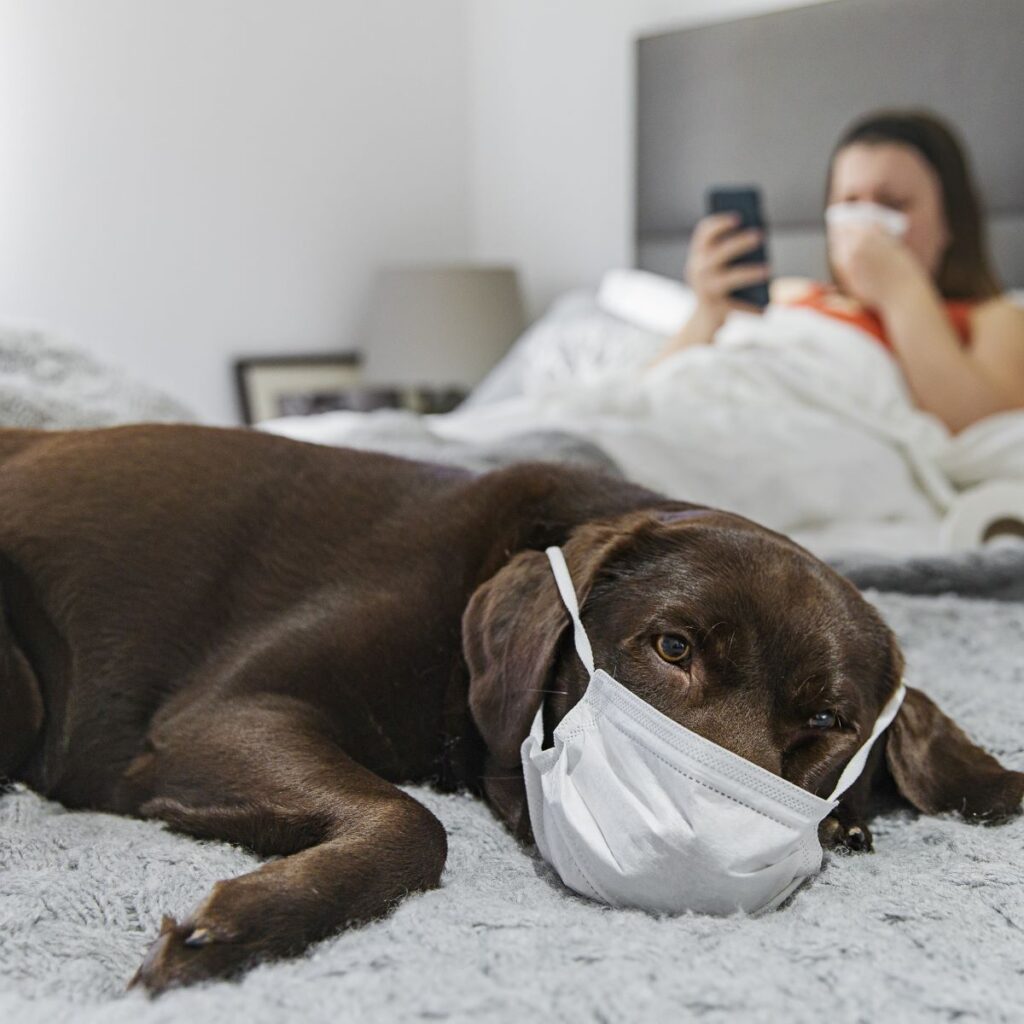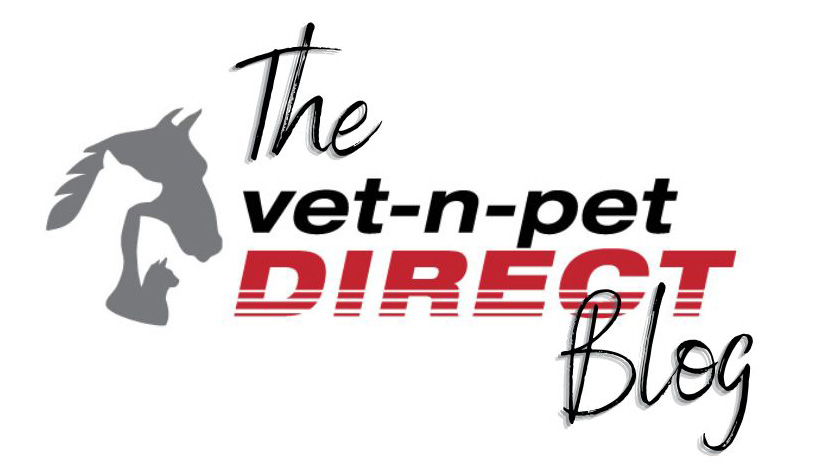
As the world is crippled by the pandemic that is Coronavirus, COVID-19, what does this mean for companion animals and their owners?
There are two big questions on pet owners’ minds; Can I catch coronavirus from my pet? and can my pet catch coronavirus from me?.
Can you catch coronavirus COVID-19 from my pet?
No, there is no evidence that you can catch COVID-19 from your companion animal. It does appear that the virus originated from an animal source in China but it is now a virus that is spreading from human to human.
Can you give coronavirus to your pet?
Well it seems that yes this is possible. A dog in Hong Kong tested positive to COVID-19 via oral and nasal swabs. But the risk is very low and the virus is likely going to have milder, if any, symptoms compared to what we are seeing in people. Being that it is possible for the virus to be passed to our companion animals I do suggest taking some precautions to prevent the spread. If you have coronavirus treat your pet as you would another person and limit the direct contact where possible. Try to avoid sneezing or coughing on your pet, don’t let them lick your face and wash your hands! Don’t let them eat tissues, nappies or faeces, particularly watch this when you are out on walks. Basically, implement good hygiene practices just like you were trying to limit transfer to other people.
Should your pet be tested?
No. At this stage testing of animals really is unlikely and just not feasible at the moment. The world is in crisis mode, just trying to keep humans healthy and being that there appears to be no risk of pets spreading it to humans it is unnecessary at this stage to be investigating this any further. Like everything, this could change in the future. Of course if you are concerned about your animals health please contact your veterinarian for advice.
Things to consider
As a pet owner myself these are a few things I have considered and would like to suggest to pet owners in preparation for coronavirus and in case you become ill or have to self-isolate.
Although there is no need to be excessively stocking up on food or prescription medications a sensible step would be to ensure that your pet has enough to survive for a couple of weeks if you were to become sick, be self-isolated or end up in hospital. Do not panic! This I can not reiterate enough! We have all seen the panic buying at supermarkets of toilet paper, meat, pasta and a range of products but there is no need that this craziness needs to influence the pet world. At this stage I am not aware of any short supply issues within the animal world (apart from face masks, hand sanitisers and some disinfectants). If everyone remains calm and only purchases as per normal and what they need at the moment this will remain the case.
Another important thing, which I believe everyone should have in place anyway, is to have a back up plan for someone to care for your pets if you were unable to. Whether it is a family member, friend, neighbour or sitter, have someone in mind (and let them know) that if something happened and you were unable to care for your pet there is someone to look after them.
Most veterinarians are open and working as per normal. I imagine that there will be precautionary measures coming into place, just like every workplace. This will be to reduce the risk of vets and staff catching the virus from clients. At this stage animals will still be able to receive necessary care. Of course exercise caution, if you are unwell, please do not go visiting a vet clinic, let’s keep our veterinary staff safe.
During this time of uncertainty try to remain calm, care for yourself, care for your loved ones, care for your pets, help others and show kindness to strangers. This too shall pass. Stay well everyone!
Until next time,
Bec
